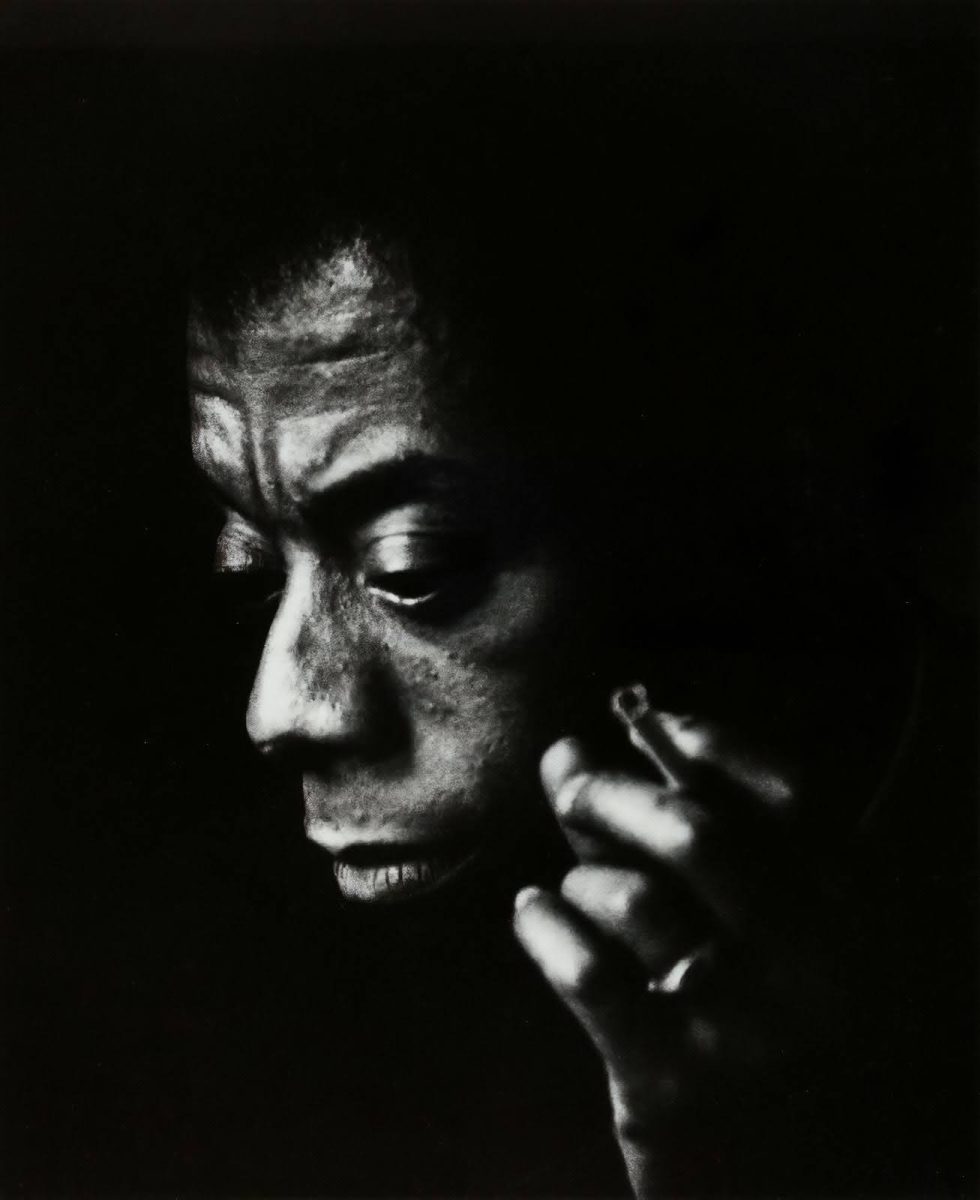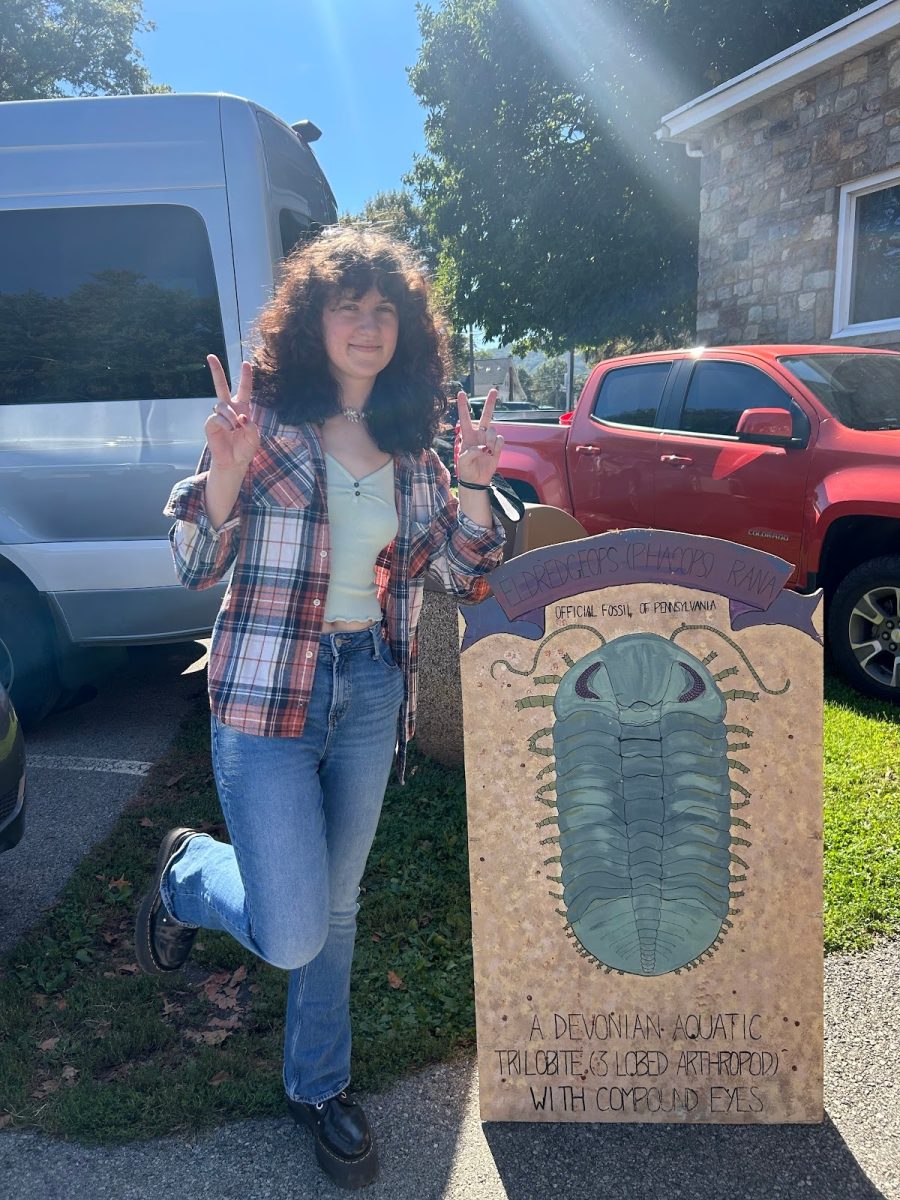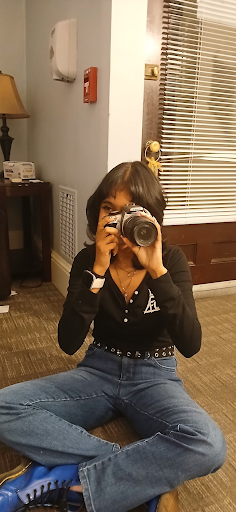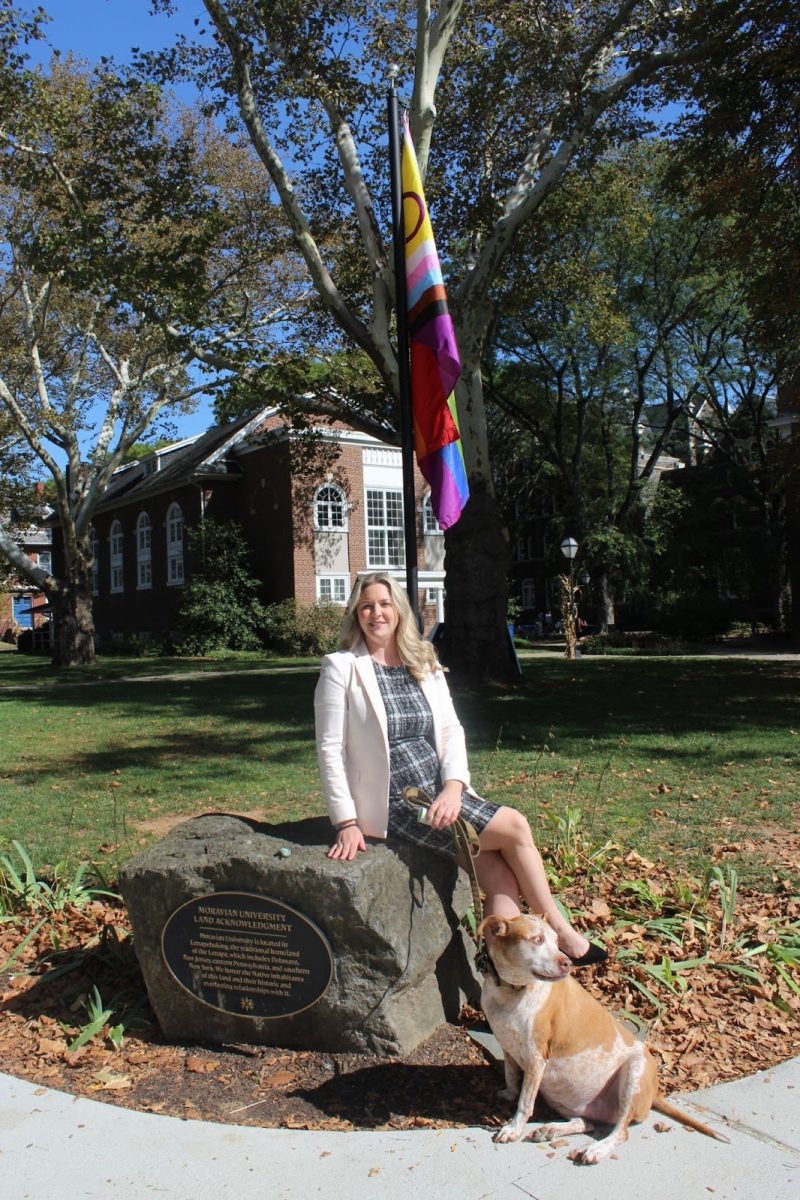To love is to abandon all reason. You must know and recognize that this love will not last forever, but without love, what is the purpose of living?
James Baldwin, American Civil Rights activist and author, wrote, “Love does not begin and end the way we seem to think it does. Love is a battle, love is a war; love is a growing up.”
Love is never easy; it’s honest and kind, but it is not easy. I think this quote does a beautiful job of summarizing the balance that a relationship requires between love and reason.
When we enter a relationship, many of us tend to lean toward one extreme or the other. Some of us are all reason. You may weigh every decision, analyze every fight, and intellectualize every emotion until your love life starts to feel like a debate tournament. Reason keeps you “safe,” but it also keeps you distant. You can’t spreadsheet your way into intimacy.
Others are all love. We dive headfirst without a life jacket, ignore red flags, forgive too quickly, and pour ourselves out even when the well has long since run dry. Love becomes our gravity, pulling us closer no matter how unstable the ground may be. That kind of intensity feels intoxicating at first, but it can quickly burn us down.
I am a victim of the latter, often holding on too long, desperately trying to love myself into being something, into being someone’s. But, it’s exhausting, and it’s taken me a long time to learn that sometimes you just aren’t that person’s someone. It’s not that I’m not enough, but I’m not their enough.
But neither path sustains a relationship. Reason without love reduces intimacy to calculation. Love without reason erodes boundaries until you’re left hollow. Baldwin’s wisdom is that love requires both the fire to keep showing up and the discipline to know when to pause, reflect, or even walk away.
Reason tells you that healthy communication matters; love keeps you at the table when the conversation gets hard. Reason sets boundaries when your partner lashes out in anger; love helps you forgive when they apologize sincerely. Reason reminds you that you are a whole person outside of your relationship; love reminds you that vulnerability doesn’t diminish that wholeness, it deepens it.
Think about the last time you argued with someone you cared about. Did you rush to logic, trying to “win” the fight? Or did you drown in emotion, saying things you didn’t mean just to release the pressure? Most of us swing wildly between the two. The hard work is holding both at once: letting reason ground us while love softens our edges.
This is what Baldwin meant by “growing up.” Love doesn’t demand the absence of conflict; it demands the courage to stay present in it, with both your heart and your head intact. Growing up in love means knowing when to fight for the relationship, and when to accept that walking away is the truest form of care, both for yourself and the other person.
The temptation, especially when you’re young, is to romanticize the extremes: the all-consuming, sleepless kind of love that eats reason alive, or the cold, rational arrangement that feels safe but empty. But real love is quieter. It’s the kind that both holds and challenges you, that both steadies and stirs you. It’s not perfect, but it’s balanced.
Love without reason burns out. Reason without love dries up. But when they work together, you get something else entirely: a love that can last through the chaos, not by avoiding the fire but by learning how to tend it.
Thanks for reading, and here’s the link to my Response/Suggestions form that’s completely anonymous if you have anything you want me to cover in upcoming columns.








